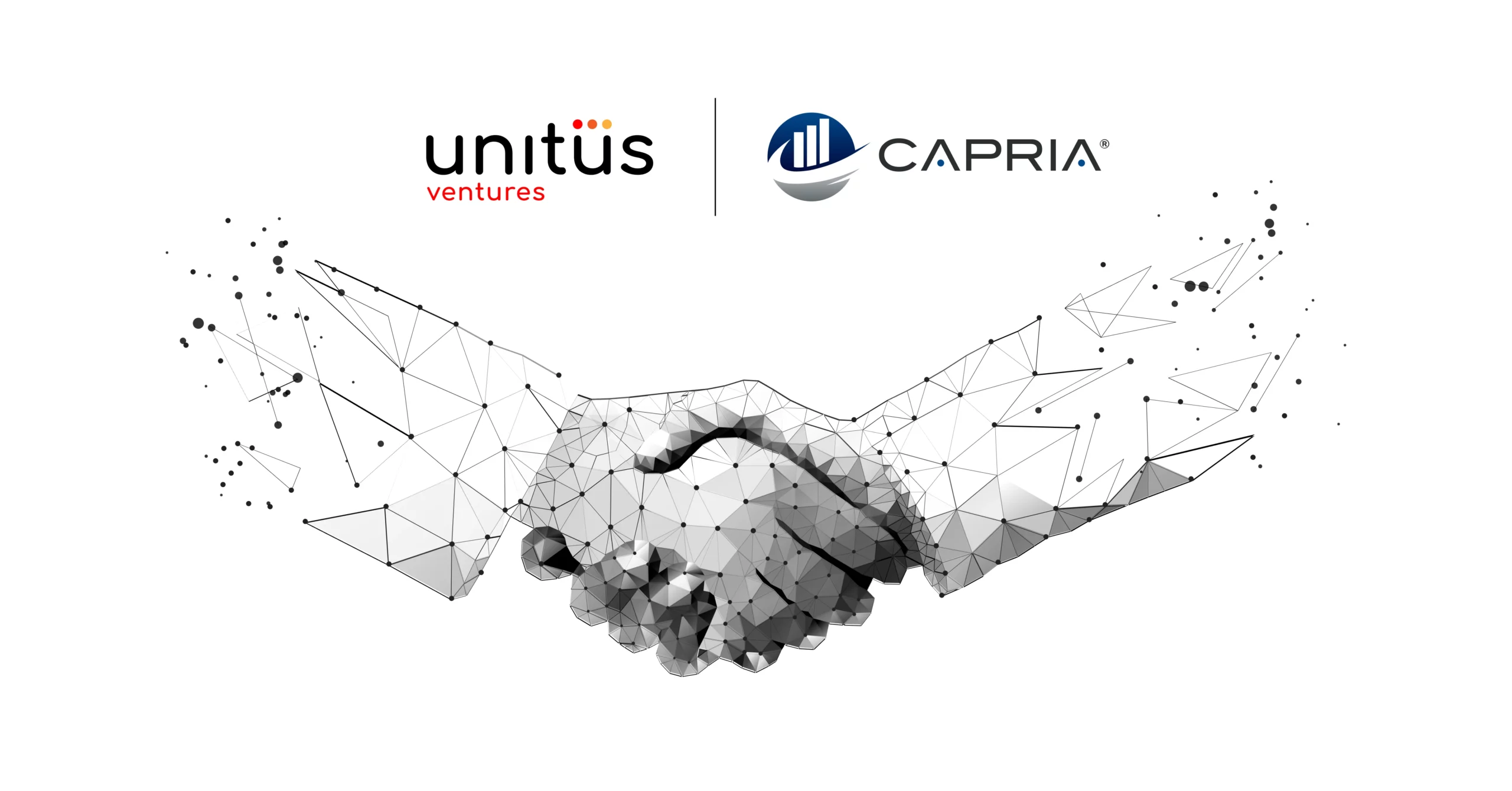India’s Aadhaar (aka Universal Id) is creating a new platform that entrepreneurs can leverage to create new services to reach the masses in India
With the Union Budget for 2013, the Indian government doubled its spending to a massive INR 2,620 crores (USD 436 million) in 2013-14 on the Unique Identification Authority of India’s (UIDAI) Aadhaar program. Why would the government of the largest democracy, with a population of over 122 crores (1.22 billion), battling issues like rampant corruption, non-availability of primary healthcare to everyone, inequalities in education, poor infrastructure etc. spend so heavily on issuing “Unique Identification” cards to its people? Will issuing additional identification cards deliver real benefits to the 86% Indians currently living below the poverty line?
Indians already have multiple government issued identity cards – Ration Card, Passport, Voter ID and PAN card to name a few. Each of these serves a different purpose but despite having so many cards access to basic services and benefits has been a challenge. Try getting a postpaid mobile SIM card for yourself and you will experience the challenges first hand! While having a Unique ID today does not end all their troubles, a few years from now, it is expected to make things a lot easier for millions of lower-income Indians.
Aadhaar has already started to make a difference with the “Direct Cash Transfer” scheme rolled out in phases beginning 1st January 2013. Direct benefits transfer for the cooking gas subsidy recently crossed 20 lakh (2 million) electronic transactions worth INR 81.5 crores (USD 13.5 million) for 11 lakh (1.1 million) households. Integrating Aadhaar and direct cash transfer is expected to eliminate the estimated 15 per cent leakage due to problems in identification and generate savings of around 0.5 per cent of GDP (INR 56,859 crores in terms of estimated GDP for 2013-14 – INR 1,13,718,86 crores). Over 31 crore (310 million) Indians already have cards today and over 10 lakh (1 million) people enroll every day.
The Unique Identification number (UID) program, branded as “Aadhaar” (which translates to ‘foundation’ or ‘support)’, was primarily intended to “include” close to half of India’s 1.2 billion+ population who are today excluded from the formal economy. Absence of uniform processes and a single identification delays (and sometimes even prevents) this population getting access to basic services and benefits like banking, pensions, insurance, food grain supplies etc.
The aim of the UID program is to bring efficiencies in distribution of services, to enable choice to all Indian residents and to provide for better oversight. Public and private services that use Aadhaar’s verification mechanism can realize significant cost savings through efficient delivery of their services that reach the right beneficiaries.
Every resident gets enrolled by providing basic identification details along with finger prints and iris scans. A unique number called the “Unique ID” is allocated to the resident. The data captured is de-duplicated and is securely maintained. Enrolling the 122 crore (1.22 billion) population is a mammoth activity and to enable quicker deployment, this has been decentralized by involving private contractors.
The UIDAI’s database also allows for authenticating a resident enrolled in the system. The system even defines methods and processes that can be used to measure the quality of service while using the authentication mechanism.
Opportunities leveraging the UID database can be classified into three main categories – enrollment, development of biometric data capture devices and applications.
- Enrollment services : Private parties can, on fulfilling certain requirements, take up contracts with the government to conduct the enrollment.
- Development of single and multi-function entry devices with support for peripherals
- Development of applications: The e-authentication service provided can enable a wide range of applications. Public distribution services and subsidies, security systems, ticketing, visa issuance, payment systems, banking and telecom applications are some obvious examples. We will cover these and other applications in detail in a follow on blog post.
The first two categories mentioned above have robust competition and industry involvement already but building applications around the UID database presents tremendous opportunities.
While the opportunities are huge, there are many challenges to deploying a UID based system. Any service using the authentication mechanism requires system integration effort. Availability of devices that support entry of biometric data and the enrollment of the target resident population are some of the critical challenges. Additionally, legacy systems need to be replaced with newer ones (both Hardware and Software) and there is always lethargy to adopt any new system especially when it replaces the process flow end to end. It remains to be seen how many smaller players can cash in on such opportunities as opposed to larger enterprises with better system integration capabilities and stronger cash positions. Aside from the technological challenges, it also remains to be seen how the adoption will be accepted especially since shifting to Aadhaar brings in transparency to the system.
As investors in the Indian ecosystem, we are definitely excited about the scale and potential of opportunities presented by Aadhaar. We’re actively seeking great entrepreneurs who are building new BoP Startups around Aadhaar, or who plan to enhance their current business by adopting or integrating Aadhaar-based technologies and services. Do reach out to us if you are an entrepreneur or you know one working in this space.

